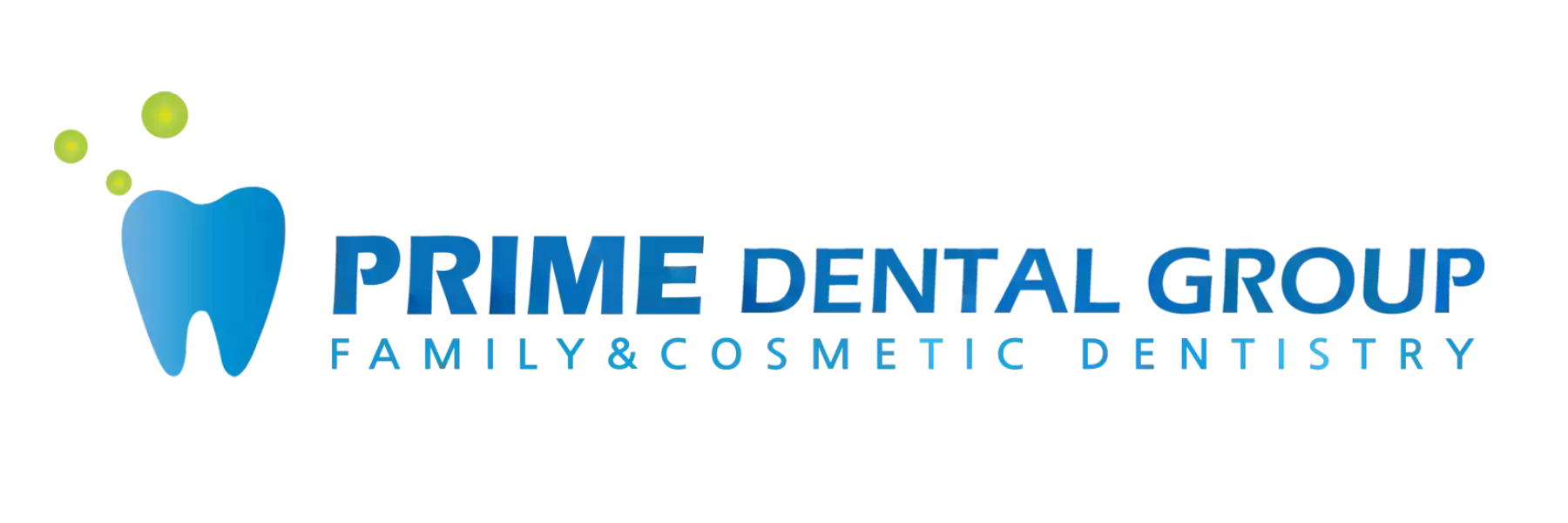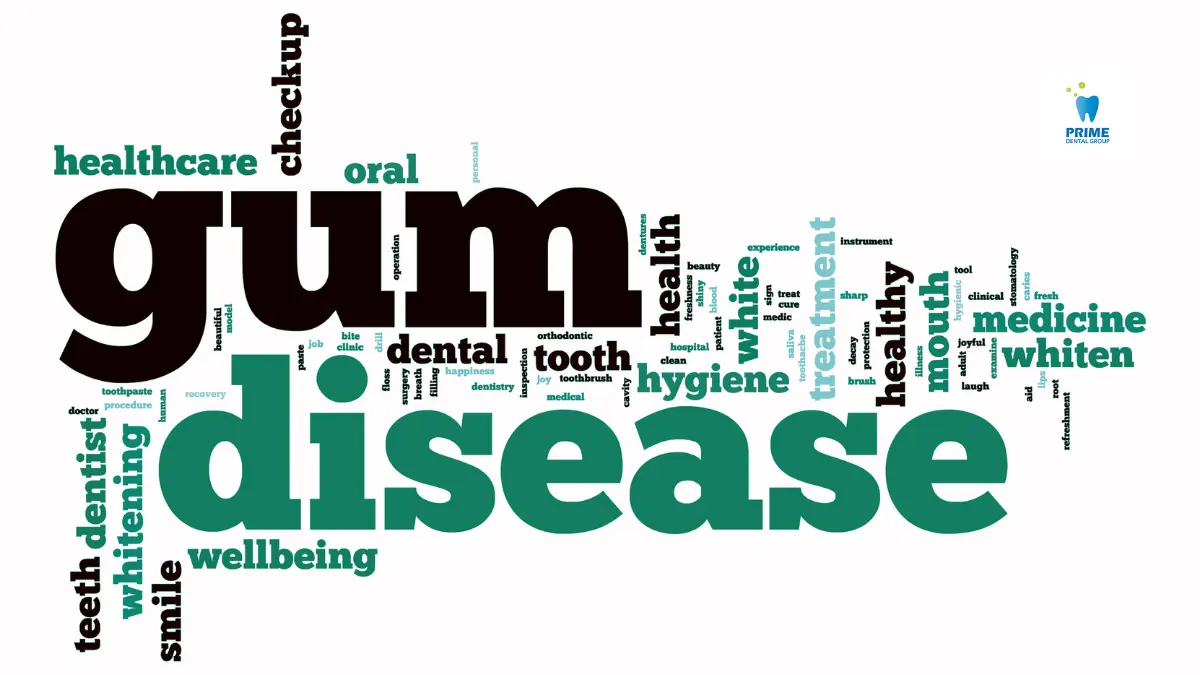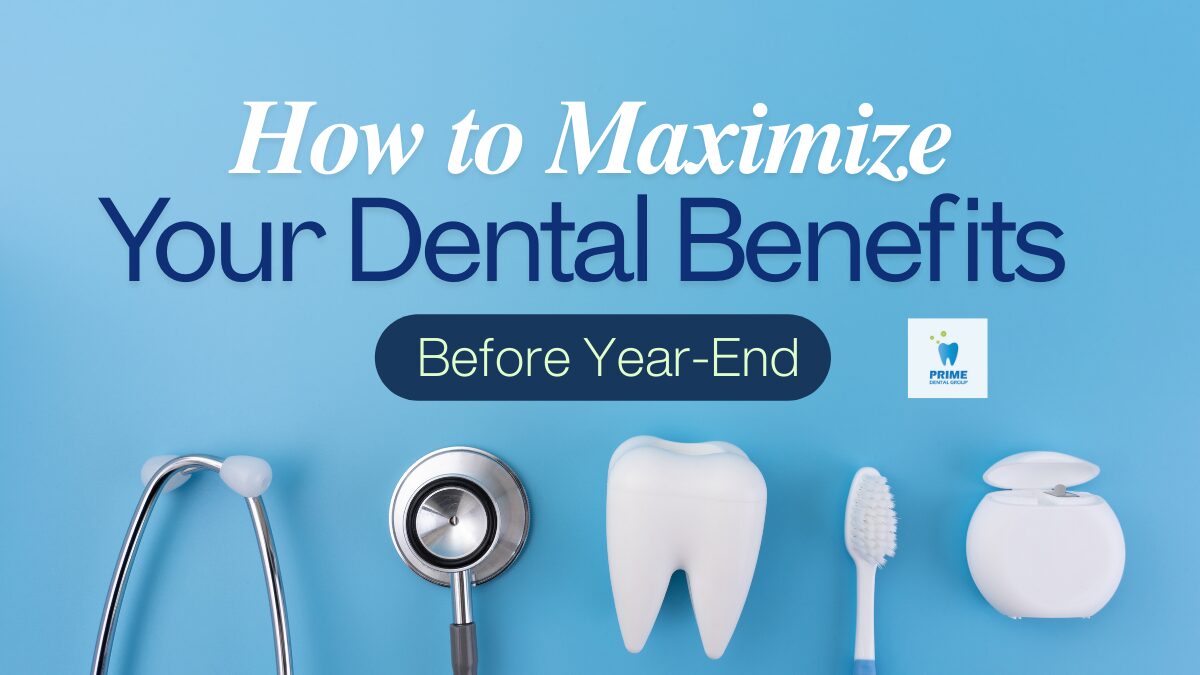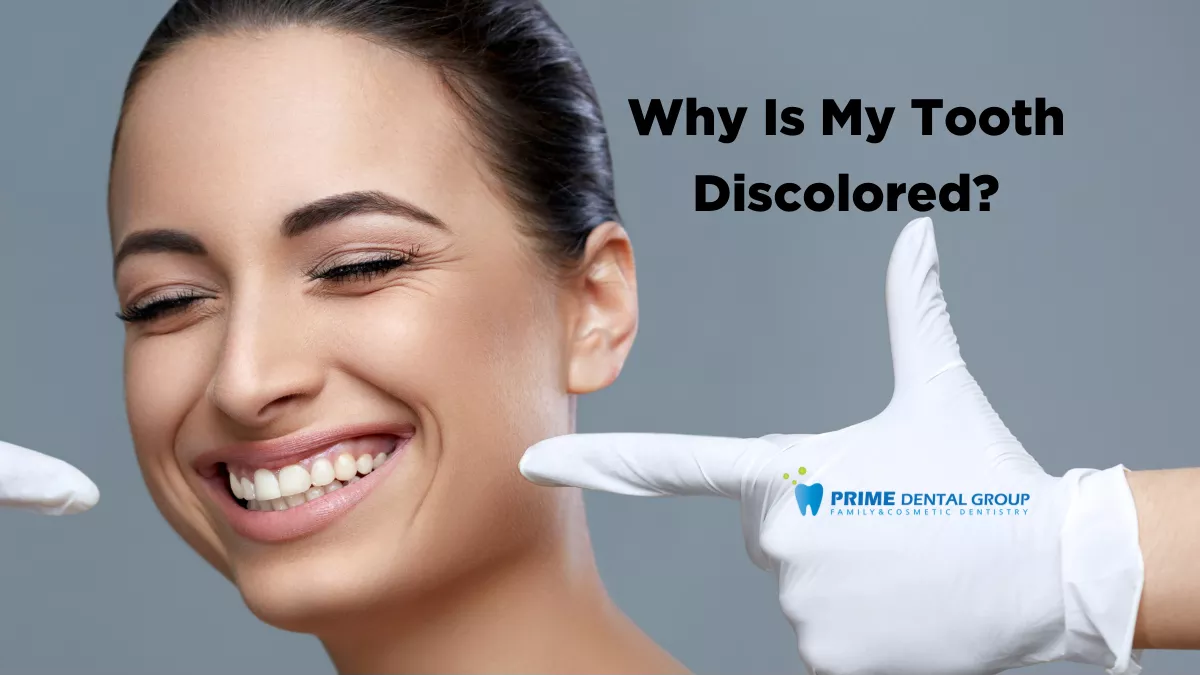The Link Between Gut Health and Oral Health: Understanding the Crucial Connection
Did you know your gut and mouth health are closely connected? Studies show that the bacteria in your mouth affects your overall health. This includes your gut health. Your mouth acts as a guard, controlling what enters your body.
A 2018 study in Genome Biology found bacteria in both your mouth and gut. This shows how mouth bacteria can reach your gut, affecting your health.
It’s important to understand how your gut and mouth health are linked. Your gut is key for digestion, immune function, and mental health. Poor mouth health can harm your gut, leading to weaker immunity and more diseases.
By taking care of your mouth and treating oral issues quickly, you boost your immune system. This improves your overall health, which is vital for well-being.
Key Takeaways
- Good oral hygiene supports your overall health by keeping your gut microbiome balanced. This is key for gut health.
- Oral health issues can affect your gut and overall health. This shows why oral health is so important.
- Chronic mouth inflammation can cause body-wide inflammation. This can lead to digestive problems and heart disease, linked to gut health.
- Good oral hygiene and timely treatment boost your immune system. This improves your overall health, a key part of holistic oral health and gut health.
- The oral microbiome includes bacteria, fungi, and viruses. It’s closely tied to gut health and overall health.
- Understanding the link between oral and gut microbiomes is vital for overall health. It’s a key part of holistic oral health.
- Recognizing the importance of both gut and oral health helps maintain a healthy balance. This is essential for overall well-being.
Understanding the Gut-Oral Microbiome Connection
The human body is home to many microorganisms, called microbiomes. The gut and oral microbiomes are different but work together. They are key to our overall health.
What is the Oral Microbiome?
The oral microbiome has over 700 types of bacteria in our mouths. These bacteria help keep our mouths healthy, aid digestion, and fight off bad germs. A healthy oral microbiome keeps our immune system strong and prevents dental problems.
How Gut Bacteria Influence Oral Health
Gut bacteria affect our oral health and immune system. People with digestive issues, like irritable bowel syndrome, often have more oral bacteria. What we eat is important; too much sugar can upset the balance in our mouths.
The Role of Beneficial Bacteria
Good bacteria, found in foods like yogurt and sauerkraut, keep our microbiomes in check. They help with digestion and boost our body’s defenses. This keeps our mouths healthy and strengthens our immune system.
The Impact of Poor Gut Health on Your Teeth and Gums
Poor gut health can harm oral health benefits and cause dental problems. A study in March 2019 in the Journal of Oral Microbiology found that mouth bacteria can move to the gut. This can make conditions like irritable bowel syndrome (IBS) worse.
An unbalanced gut microbiome can lead to oral health and inflammation. This increases the chance of cavities and gum disease. Gum disease, like periodontitis and gingivitis, causes chronic inflammation. This inflammation can spread and affect digestive wellness all over the body.
- Increased susceptibility to cavities and tooth decay.
- Heightened risk of gingivitis and periodontitis.
- Potential development of gastrointestinal diseases.
- Systemic inflammation affecting other organs.
Keeping your optimal digestion is key for nutrient absorption. This is important for strong teeth and gums. Conditions like GERD and IBD can lead to oral health issues. This shows a strong link between gut health and dental well-being.
More than 20 years of dental experience show that good gut health is vital. It supports digestive wellness and helps keep your teeth and gums healthy. Adding gut-friendly practices and the right nutrition can protect against the bad effects of poor gut health on your teeth and gums.
Signs Your Gut Health is Affecting Your Oral Health
Your gut and mouth are closely connected. Imbalances in one can affect the other. Recognizing signs early helps keep both healthy.
Common Symptoms to Watch For
- Persistent bad breath
- Bleeding or inflamed gums
- Recurrent oral infections
- Tooth erosion and increased cavities
- Frequent mouth ulcers
These symptoms may mean you need to focus on your oral health. For example, gum disease is linked to conditions like Inflammatory Bowel Disease (IBD). This increases your risk of serious dental problems.

When to Consult a Healthcare Provider
If you keep getting these symptoms, it’s time to see a doctor. Conditions like Gastroesophageal Reflux Disease (GERD) can cause tooth erosion. Early treatment can stop long-term damage.
Diagnostic Considerations
Doctors may use different tests to check the gut-oral health link. These include:
- Comprehensive dental exams
- Microbiome analysis
- Blood tests for systemic inflammation
- Stool tests for gut bacteria balance
Knowing about these tests helps in making a good oral health plan. It also helps decide if you need supplements for better health.
Holistic Oral Health: A Natural Approach to Care
Holistic oral health looks at the whole body, not just the mouth. It’s different from traditional dental care, which only focuses on teeth and gums. Holistic dentistry combines overall health with oral hygiene.
Choosing natural oral care methods can boost both mouth and gut health. These methods use natural oral health remedies without harsh chemicals. For example, hydroxyapatite toothpaste strengthens teeth without fluoride’s risks.
Important oral hygiene practices in holistic dentistry include:
- Oil pulling with coconut oil to reduce harmful bacteria.
- Regular tongue scraping to maintain a healthy oral microbiome.
- Chewing sugar-free gum to stimulate saliva production.
Using these natural methods improves dental health and overall wellness. It keeps the gut microbiome balanced. This shows how important a holistic approach is in preventing chronic diseases.

| Traditional Dental Care | Holistic Oral Health |
|---|---|
| Uses fluoride toothpaste | Uses hydroxyapatite toothpaste |
| Focuses on cavity prevention | Emphasizes overall health connection |
| Regular antiseptic mouthwash | Natural mouthwash with alkaline properties |
| Chemical-based dental treatments | Natural oral health remedies |
Nutrition Strategies for Optimal Gut and Oral Health
Eating the right foods is key to improving gut health and keeping your mouth healthy. Eating mindfully helps your gut and mouth stay in balance.
Best Foods for Oral Health
- Probiotic-Rich Foods: Yogurt, sauerkraut, and kimchi add good bacteria to your mouth and gut.
- Fiber-Rich Fruits and Vegetables: Eating apples, carrots, and leafy greens makes your mouth water. This helps clean your mouth naturally.
- High-Calcium Foods: Dairy and fortified plant milks make your teeth strong. This helps prevent cavities.
Supplements for Gut-Oral Balance
- Probiotics: Oral probiotics bring back good bacteria. They help your mouth and gut stay healthy.
- Vitamin D3: Vitamin D3 makes your teeth strong. It helps prevent cavities.
- Omega-3 Fatty Acids: Omega-3s in fish oil reduce inflammation in your gut. They help keep your microbiome balanced.
Foods to Avoid
- Sugary Snacks and Beverages: Too much sugar can harm your mouth and gut. It leads to too many bad bacteria.
- Acidic Foods: Eating less acidic foods protects your teeth. It stops them from wearing away.

| Food Type | Benefits for Gut and Oral Health | Examples |
|---|---|---|
| Probiotic-Rich | Enhances beneficial bacteria in the microbiome | Yogurt, Kefir, Sauerkraut |
| Fiber-Rich | Stimulates saliva production and promotes gut health | Apples, Carrots, Leafy Greens |
| High-Calcium | Strengthens tooth enamel and supports bone health | Dairy Products, Fortified Plant Milks |
The Role of Probiotics in Maintaining Oral Health
Probiotics for oral health are key to a balanced mouth. They fight off bad bacteria, keeping your mouth healthy and infection-free.
Some probiotics that help with oral health are:
- Lactobacillus paracasei
- Lactobacillus plantarum
- Bifidobacterium longum
- Lactobacillus salivarius
These probiotics also help your gut microbiota. A healthy gut means a healthy mouth. They reduce inflammation and stop bad bacteria from growing.
Eating probiotic-rich foods like yogurt and kefir can boost your health. But, be careful not to eat too much because some foods are acidic and can harm your teeth.
Studies show that probiotics like Lactobacillus brevis and Bifidobacterium dentium can lower bad bacteria. This helps prevent tooth decay and improves gum health. Taking probiotics regularly is good for your mouth and overall health.

Daily Practices for Supporting Your Oral Microbiome
Keeping your oral microbiome in balance is key for good health. Daily habits can boost your oral care and support a holistic approach.
Natural Oral Care Techniques
Using natural methods helps keep your oral bacteria healthy. Brush your teeth twice a day with fluoride toothpaste, covering all surfaces. Flossing daily gets rid of food and plaque between teeth, where brushes can’t go.
Oil pulling with coconut oil can also cut down on bad bacteria. Choose natural mouthwashes instead of antibacterial ones, as they can harm good bacteria.
Lifestyle Modifications
Changing your lifestyle can greatly improve your oral health. Quitting smoking is a big step, as it reduces gum disease and oral cancer risks. Drinking less alcohol also helps by preventing dryness and irritation that can cause infections.
Stress Management Impact
Stress affects both your mouth and gut health. High stress weakens your immune system, making you more likely to get oral infections. To help, try meditation, regular exercise, and enough sleep for better overall health.
Understanding the Gut-Brain-Mouth Axis
The gut-brain connection is key to our health. It links the digestive system, brain, and mouth in a complex way. This network helps each system talk to each other, keeping us balanced and healthy.
The oral health and immune system are closely tied. The mouth is home to billions of bacteria. These bacteria work with the gut’s bacteria, affecting our immune system and digestion.
- Stress and mental health can upset the gut’s bacteria, causing mouth problems.
- Unbalanced gut bacteria can harm brain health, leading to mental issues.
- Long-term mouth infections can cause inflammation, affecting gut and brain.
Keeping our digestive wellness and holistic oral health in check is vital. It stops harmful bacteria from spreading and boosts our immune system. Research shows a healthy gut and mouth are linked to better mental health and strong oral health. This shows the need for a holistic approach to health.
| Component | Role in Axis | Impact of Imbalance |
|---|---|---|
| Gut Microbiome | Supports digestion and immune function | Leaky gut, inflammation, mood disorders |
| Brain | Regulates bodily functions and stress responses | Neuropsychiatric disorders, impaired immunity |
| Oral Microbiome | Maintains oral and systemic health | Periodontitis, systemic inflammation |
Conclusion: Embracing a Holistic Approach to Oral and Gut Wellness
Your body is a complex creation with systems that are all connected. Focusing on holistic oral health can greatly improve your overall health. Eating a balanced diet with fruits, vegetables, whole grains, and lean proteins helps both your gut and mouth.
Drinking lots of water helps digestion and keeps your mouth clean. Probiotics in yogurt, kefir, and fermented veggies support a healthy gut. Brushing twice a day and flossing daily prevent diseases that can harm your gut.
Reducing sugar and processed foods controls harmful bacteria in your mouth and gut. Regular dental visits help catch oral issues early, which can signal broader health problems. Stress management and enough sleep also support your gut-oral axis and overall health.
By adopting these holistic practices, you not only improve your oral microbiome but also boost your immune system and mood. As research shows the links between gut and oral health, a complete wellness approach is key. By using these strategies, you can lead a healthier life and enjoy better well-being.
FAQ
How are gut health and oral health connected?
Gut health and oral health are linked through the gut-brain-mouth axis. The mouth guards the body, affecting the gut microbiome and digestion. A healthy oral microbiome aids digestion and boosts the immune system. This shows why keeping both areas healthy is key.
What is the oral microbiome and why is it important?
The oral microbiome is home to trillions of bacteria in the mouth. It’s vital for oral health by stopping bad bacteria, reducing inflammation, and boosting the immune system. A balanced oral microbiome leads to healthy teeth and gums and benefits gut health.
How does an imbalance in the gut microbiome affect oral health?
An unbalanced gut microbiome can cause more inflammation and weaken the immune system. This makes the mouth more prone to cavities, gum disease, and infections. Poor digestive health shows up in the mouth, showing the need for balance in both areas.
What are common signs that my gut health is impacting my oral health?
Signs include bad breath, bleeding gums, frequent cavities, and infections. Dry mouth, inflammation, and changes in saliva can also indicate a link. If you notice these, seeing a healthcare provider is wise.
What is holistic oral health and how does it differ from traditional dental care?
A: Holistic oral health focuses on the whole body, not just teeth and gums. It’s different from traditional care, which often just treats symptoms. Holistic dentistry looks at the digestive system, gut microbiota, and oral health together. It uses natural remedies and a holistic approach to care.
What are the best nutrition strategies to support both gut and oral health?
Eat foods rich in probiotics like yogurt and kefir to support a healthy microbiome balance. Include fiber-rich veggies and fruits for better digestion. Also, take oral health supplements like vitamin D and calcium. Avoid too much sugar and processed foods to help both systems.
How do probiotics contribute to oral health?
A: Probiotics help keep the oral microbiome balanced by fighting off bad bacteria. Certain probiotics can lower the risk of cavities and gum disease. A healthy gut microbiota supported by probiotics also strengthens the immune system, protecting oral health.
What daily practices can I adopt to support my oral microbiome?
To care for your oral microbiome daily, brush and floss with fluoride-free toothpaste and natural floss. Try oil pulling with coconut oil and use natural mouthwashes. Eat a balanced diet, manage stress, and avoid smoking and too much alcohol to keep your gut-brain axis healthy.
What is the gut-brain-mouth axis and how does it affect my health?
The gut-brain-mouth axis connects the nervous system, gut microbiome, and oral health. Stress and mental health can affect both gut and oral health by impacting the immune system and inflammation. Imbalances in one area can cause problems in others, making a holistic approach to health important.
When should I consult a healthcare provider about my gut and oral health?
See a healthcare provider if you have bad breath, bleeding gums, frequent cavities, or infections. Also, if you have digestive issues like bloating, irregular bowel movements, or unexplained weight changes. Early help can diagnose issues and guide proper care and diet.
Source Links
- Understanding the Crucial Link Between Oral Health and Gut Microbiome: Insights from Biological Dentistry | The Health Lodge – https://thehealthlodge.com.au/understanding-the-crucial-link-between-oral-health-and-gut-microbiome-insights-from-biological-dentistry/
- Unlocking the Secrets of Oral Health: The Gut-Oral Connection – Raynor Dental – https://raynordental.com/unlocking-the-secrets-of-oral-health-the-gut-oral-connection/
- The Bacterial Connection between the Oral Cavity and the Gut Diseases – https://pmc.ncbi.nlm.nih.gov/articles/PMC7375741/
- The Fascinating Connection Between Gut Health and Oral Health – https://www.enclavedental.com/blog/2021/10/06/holistic-dentist-southlake-explains-connection-gut-health-oral-health/
- The Oral-Gut Microbiome Connection – https://www.rupahealth.com/live-classes/the-oral-gut-microbiome-connection
- Oral microbiome: Unveiling the fundamentals – https://pmc.ncbi.nlm.nih.gov/articles/PMC6503789/
- This One Habit Can Significantly Improve Your Gut Health—and It Has Nothing to Do with Diet – https://www.eatingwell.com/article/8054788/oral-hygiene-improve-gut-health-research/
- How Gum Disease Can Affect Your Gut Health | Dr. David Scharf – https://www.drscharf.com/blog/how-gum-disease-can-affect-your-gut-health/
- Connecting Oral Health and Gut Health for Optimal Wellness | Total Care Dental | Holistic Dentistry – https://www.totalcaredental.com/oral-health-and-gut-health/
- The Oral-Gut Axis: Digestive disorders and the oral microbiome – https://www.bristlehealth.com/blogs/systemic-health/the-oral-gut-axis-digestive-disorders-and-the-oral-microbiome?srsltid=AfmBOopT0MAwuK3Teh8hLKIab1SFWV-Lh_-XFnHwb8v-CNRvVThNOy8X
- Holistic Dental Care, The Complete Guide to Healthy Teeth and Gums – https://livinglibations.com/products/holistic-dental-care-the-complete-guide-to-healthy-teeth-and-gums-dlvrr
- 11 Steps To Better Oral Microbiome Health That May Reduce Your Risk Of Chronic Disease – Dr. Christine Maren – https://drchristinemaren.com/11-steps-to-better-oral-microbiome-health-that-may-reduce-your-risk-of-chronic-disease/
- Oral Bacteria and Gut Health: Understanding the Connection – https://dentistcarson.com/oral-bacteria-and-gut-health-understanding-the-connection/
- Power of the Oral Microbiome | Dr. Staci’s Insights – https://doctorstaci.com/learn/the-power-of-the-oral-microbiome/
- Nutrition and Oral Health – https://www.ada.org/resources/ada-library/oral-health-topics/nutrition-and-oral-health
- Elucidating the role of diet in maintaining gut health to reduce the risk of obesity, cardiovascular and other age-related inflammatory diseases: recent challenges and future recommendations – https://pmc.ncbi.nlm.nih.gov/articles/PMC10773664/
- Probiotics and Oral Health – PMC – https://pmc.ncbi.nlm.nih.gov/articles/PMC2897872/
- The Benefits of Probiotics on Oral Health: Systematic Review of the Literature – https://pmc.ncbi.nlm.nih.gov/articles/PMC10534711/
- Oral health and the role of Probiotics – https://www.biogaia.com/blogs/news/oral-health-and-the-role-of-probiotics?srsltid=AfmBOorDbAN7bPU2ZHv-R11mjHxGLL1plrkO_OG4i5gOlzgRbpK8MkCO
- Healing Your Oral Microbiome: A Pathway to a Healthier Mouth – https://www.perionc.com/healing-your-oral-microbiome-a-pathway-to-a-healthier-mouth/
- Oral Microbiome Balance: The Ultimate Guide – https://dentistsofhinsdalelake.com/oral-microbiome-balance-the-ultimate-guide/
- The Oral-Microbiome-Brain Axis and Neuropsychiatric Disorders: An Anthropological Perspective – https://pmc.ncbi.nlm.nih.gov/articles/PMC9005879/
- Balancing the Oral–Gut–Brain Axis with Diet – https://pmc.ncbi.nlm.nih.gov/articles/PMC11435118/
- The Role of Gut-Brain Connection in Dental Health: A New Perspective on Patient Care – https://www.worldpharmatoday.com/news/the-role-of-gut-brain-connection-in-dental-health-a-new-perspective-on-patient-care/
- On Oral & Gut Health – https://medium.com/@TL.Ang/on-oral-gut-health-2c27e344c3e6
- OKC Oral Microbiome: Linking Gut and Dental Health – https://www.pragmadental.com/okc-oral-microbiome-linking-gut-and-dental-health/
- Oral Microbiome: A Review of Its Impact on Oral and Systemic Health – https://www.mdpi.com/2076-2607/12/9/1797






